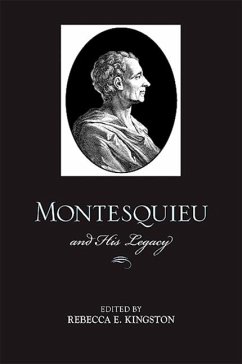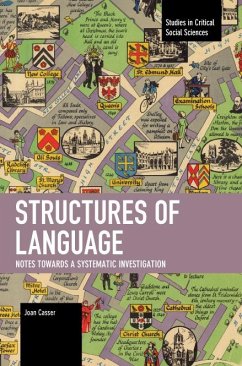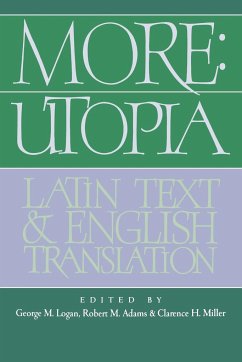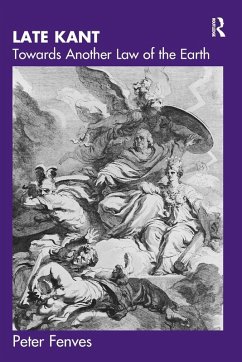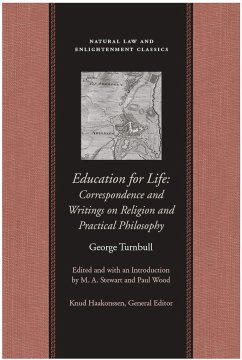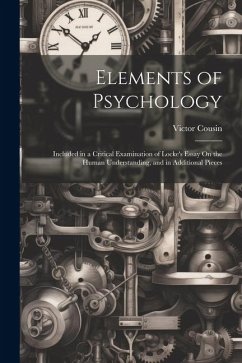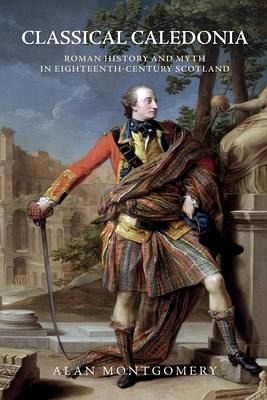
Classical Caledonia
Roman History and Myth in Eighteenth-Century Scotland
Versandkostenfrei!
Versandfertig in über 4 Wochen
29,99 €
inkl. MwSt.
Weitere Ausgaben:

PAYBACK Punkte
15 °P sammeln!
Documenting the 18th-century debate regarding the extent of Roman influence north of Hadrian's Wall This book focuses on early modern attitudes towards Scotland's ancient past and looks in particular at the ways in which this past was not only misunderstood, but also manipulated in attempts to create a patriotic history for the nation. Alan Montgomery casts light on a rarely discussed aspect of Scotland's historiography, one which played a vital role in establishing early modern notions of 'Scottishness' at a time when the country was coming to terms with radical and traumatic changes to its p...
Documenting the 18th-century debate regarding the extent of Roman influence north of Hadrian's Wall This book focuses on early modern attitudes towards Scotland's ancient past and looks in particular at the ways in which this past was not only misunderstood, but also manipulated in attempts to create a patriotic history for the nation. Alan Montgomery casts light on a rarely discussed aspect of Scotland's historiography, one which played a vital role in establishing early modern notions of 'Scottishness' at a time when the country was coming to terms with radical and traumatic changes to its position within Britain and the wider world. ' Exploring the lives and writings of antiquarians, poets, soldiers, pamphleteers and Enlightenment thinkers, 'Classical Caledonia' uncovers the political, patriotic and intellectual influences which fuelled this struggle to redefine the character of a rapidly changing nation. Alan Montgomery completed a PhD in the 18th-century reception of Roman Scotland at Birkbeck, University of London.





